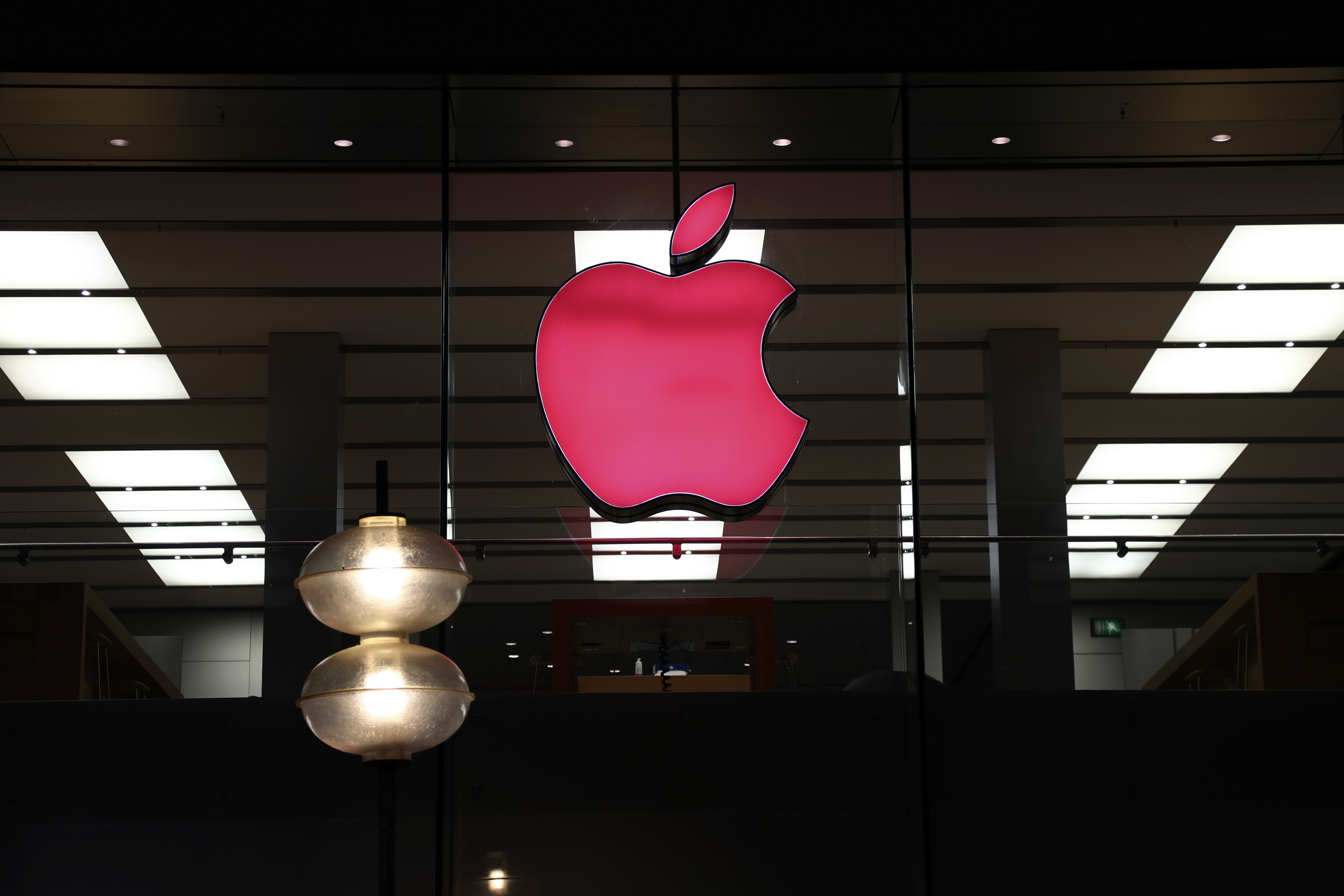To be in Washington, DC, at the turn of the new millennium was to witness a nation at the height of its unrivalled and unipolar powers.
In the run-up to the new year celebrations, US publishers rushed out a welter of self-congratulatory books on what had come to be known as the American Century.
In the same spirit, the White House Millennium Council selected items for a time capsule that included a fragment of the dismantled Berlin Wall, footage of Neil Armstrong's moon walk and Louis Armstrong's trumpet, relics that captured for posterity America's military, technological and cultural hegemony.
On the National Mall, the Clinton administration staged a lavish celebration entitled America's Millennium, seemingly untroubled by the niggardly fact that the US had not made much of an impact for 776 of the past 1000 years.
As the countdown started, fireworks skipped purposefully across the Lincoln Memorial Reflecting Pool and then ignited the base of the Washington Monument.
When fully illuminated, the obelisk looked like a giant, national exclamation mark, or even an imperial erection. The message was emphatic: America is No 1.
Just 21 months later, after American confidence had already been dented by the dotcom bust and the constitutional convulsions of the Florida election recount, its vulnerabilities were much more horrifically exposed by the attacks of 9/11. Not long after, commentators and historians cast their eyes over the ruins of ground zero and saw in them the seeds of American decline.
Thereafter, the self-inflicted wounds of Iraq, a stubborn insurgency in Afghanistan, and a hunt for Osama bin Laden that seemed for years to be going nowhere all reinforced the declinist view.
In global diplomacy, the US no longer spoke with a clarion voice, while the detention centre at Guantanamo drastically undercut its moral authority and its claim to be the foremost protector and sponsor of freedom.
Worse was to come with the collapse of a bank in September 2008 that arguably sent more powerful shock waves through the US than the disintegration of the twin towers: the subprime mortgage crisis; the near evisceration of Wall Street; a much-quoted report from Goldman Sachs predicting that China would become the world's largest economy by 2027.
Again, they reinforced the increasingly widely held view that the US was on the nose. And even though the election of Barack Obama offered compelling proof of the country's capacity for renewal and reinvigoration, the headline in satirical newspaper The Onion hinted at the country's underlying state of mind: "Black Man Given Nation's Worst Job".
There is no denying that the US has had a terrible decade; its worst since the decade between 1965 and 1975, which covered Vietnam, the urban riots, the assassinations of Martin Luther King and Robert Kennedy, and Watergate.
But are the declinists overstating their case, and can the US be so easily written off?
Though not a country usually associated with self-doubt, it is worth remembering that declinism has been a common thread through US history, whether it was post-Sputnik, post-Vietnam, post-Watergate or post-Tehran.
Gore Vidal was even more precise when he identified September 16, 1985, as the date of the fall of the American empire: the day the Commerce Department announced the US had become a debtor nation.
Each time, of course, the US rebounded (although Vidal was definitely on to something). It is for good reason that America's great national laureate is Mark Twain, who warned of the perils of rashly composed obituaries.











